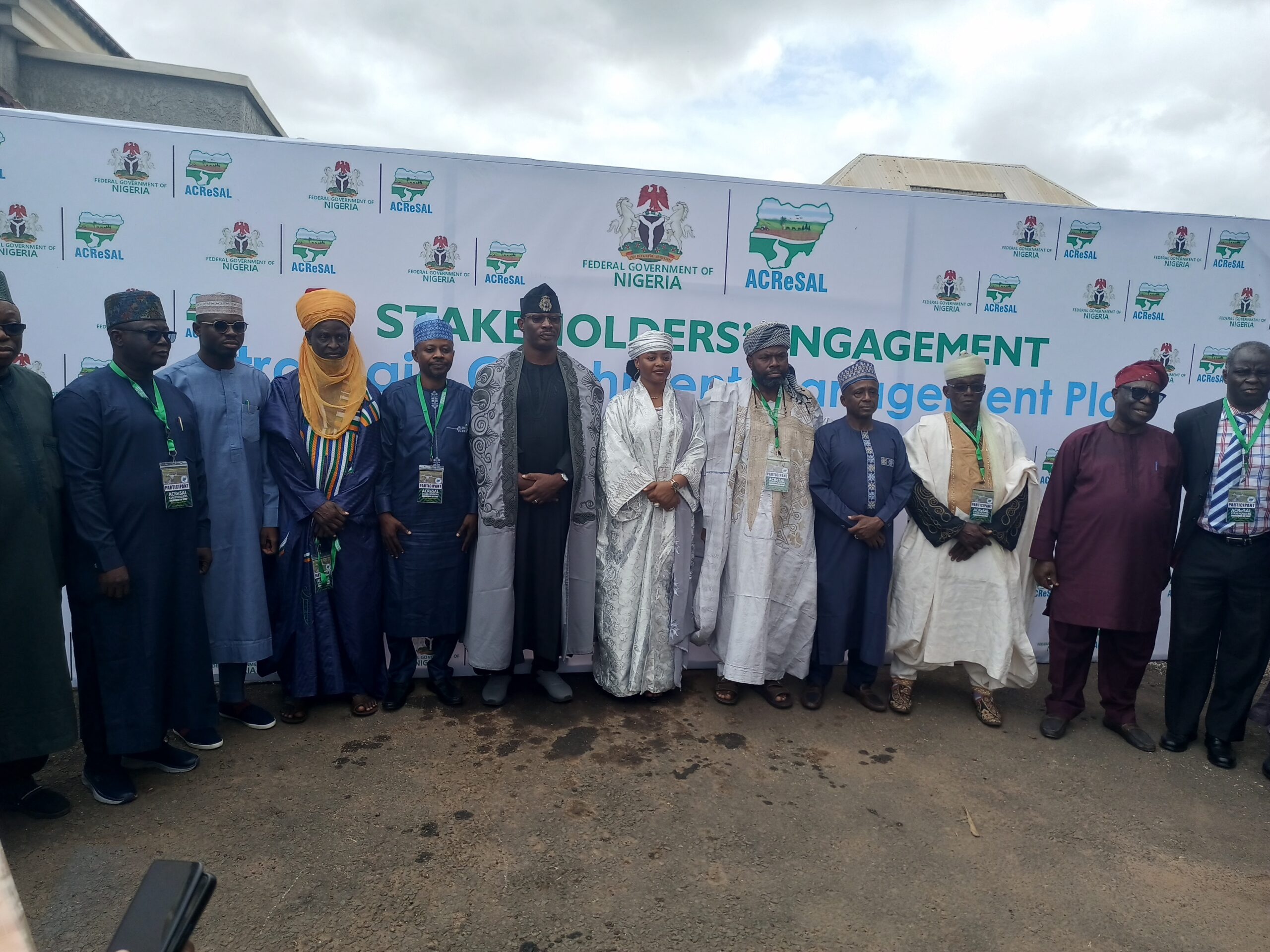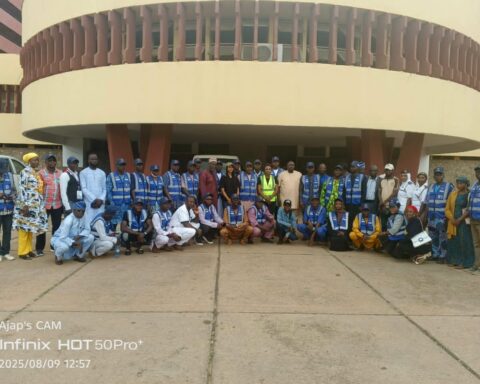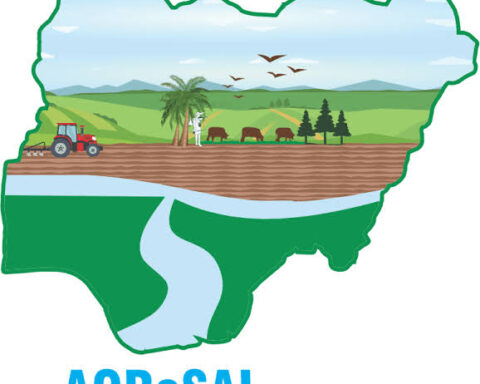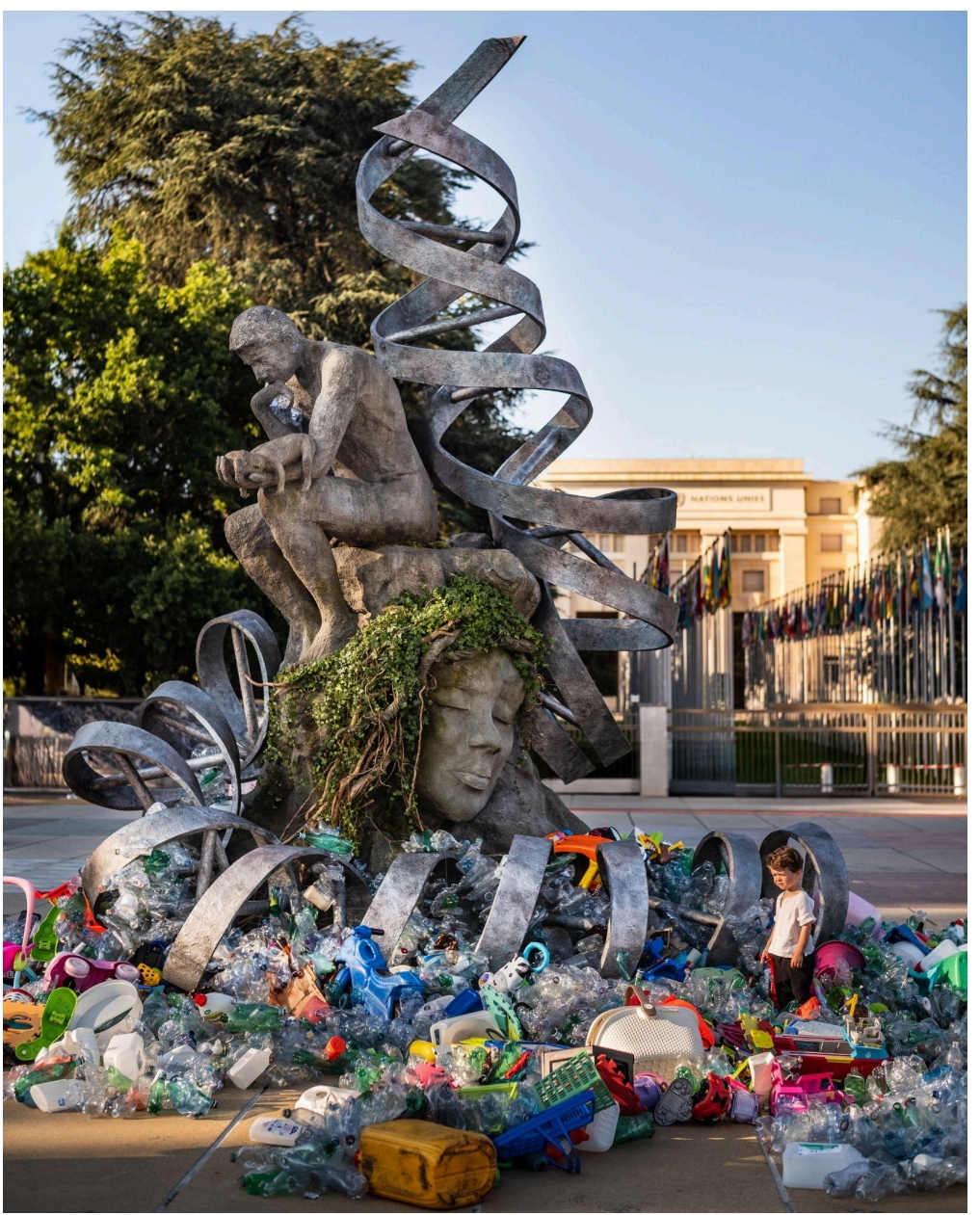As part of its efforts to strengthen environmental governance and build resilience in northern Nigeria’s drylands, the Agro-Climatic Resilience in Semi-Arid Landscapes (ACReSAL) project has commenced stakeholder engagement for the development of Strategic Catchment Management Plans (SCMPs) for five major river basins.
The session, which opened in Ilorin, the Kwara State capital, is focused on the formulation of catchment strategies for Malenda, Kaduna-Mariga, Gurara-Gbako, Oshin-Oyi, and Sarkin-Powa-Kaduna.
These are part of a broader initiative to develop 20 strategic catchment plans covering 19 implementing states and the Federal Capital Territory (FCT).
Speaking at the forum, National Project Coordinator of ACReSAL, Abdulhamid Umar, represented by Adam Shettima, emphasized the critical role of stakeholders in ensuring the success and sustainability of the project.
“Stakeholder inputs are crucial in developing bankable catchment plans that will attract investment and deliver tangible results at the community level,” he said.
Umar added that the SCMPs aim to identify intervention areas, assess existing resources, map threats, and design a holistic and strategic response to catchment degradation.
He revealed that nine SCMPs have already been validated, while the remaining eleven will be completed within the next ten days.
In addition to the strategic plans, Umar noted that ACReSAL is also developing 200 micro catchment management plans, which will focus on smaller but critical landscape units that dovetail into the broader catchment framework.
The project, funded by the World Bank and implemented in collaboration with federal and state governments, is designed to combat land degradation, conserve water resources, restore degraded ecosystems, and boost livelihoods in Nigeria’s climate-vulnerable northern region.
Kwara State Commissioner for Environment, Hajiya Nafisat Musa-Buge, described the SCMP process as vital for ensuring the sustainability of watersheds, which she referred to as the “lifeline of communities, economies, and ecosystems.”
She affirmed Kwara State’s commitment to the ACReSAL initiative and expressed optimism about the benefits the project would deliver to rural communities and the state’s environment.
“Watershed management is not just an environmental necessity it’s a socioeconomic imperative,” she said.
The Commissioner confirmed that SCMPs for Wase-Taraba, Shemankar-Katsina-Ala, and Hadejia-Jama’are had already been developed and validated. The next phase, she said, will target seven ACReSAL states, including the FCT.
The ACReSAL project is one of Nigeria’s most ambitious environmental programs, aimed at restoring degraded landscapes, addressing climate risks, and enhancing adaptive capacity for millions of people in semi-arid regions.
By Dare Akogun








